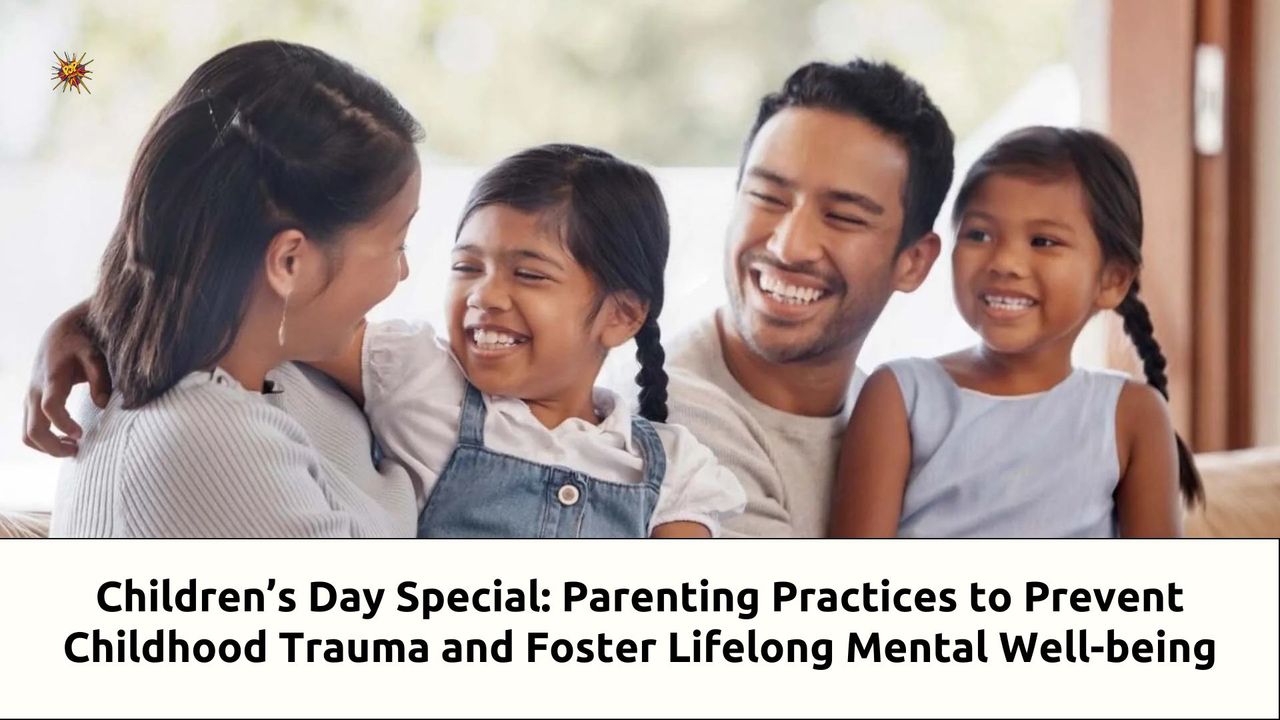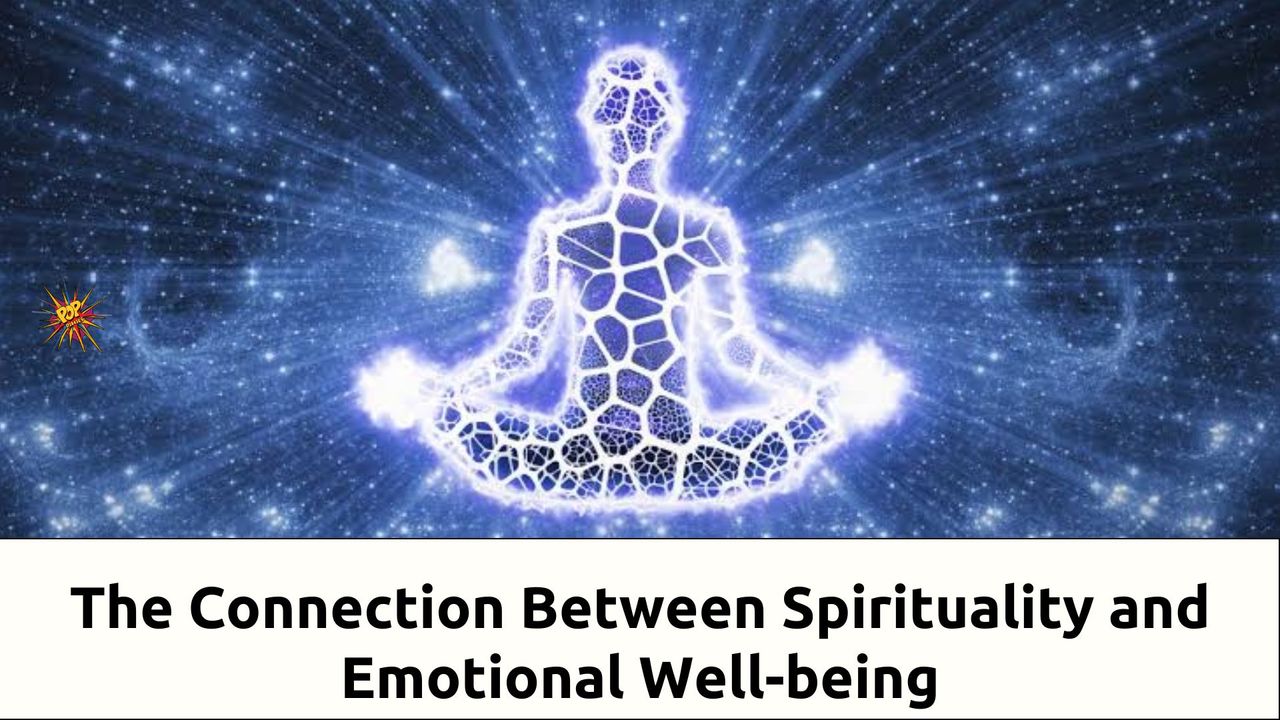Parenting is a delicate balance between nurturing, guiding, and protecting. As children grow, the experiences they encounter shape not only their...
Vous n'êtes pas connecté
- English
- Français
- عربي
- Español
- Deutsch
- Português
- русский язык
- Català
- Italiano
- Nederlands, Vlaams
- Norsk
- فارسی
- বাংলা
- اردو
- Azərbaycan dili
- Bahasa Indonesia
- Հայերեն
- Ελληνικά
- Bosanski jezik
- українська мова
- Íslenska
- Türkmen, Түркмен
- Türkçe
- Shqip
- Eesti keel
- magyar
- Қазақ тілі
- Kalaallisut ; kalaallit oqaasii
- Lietuvių kalba
- Latviešu valoda
- македонски јазик
- Монгол
- Bahasa Melayu ; بهاس ملايو
- ဗမာစာ
- Slovenščina
- тоҷикӣ ; toğikī ; تاجیکی
- ไทย
- O'zbek ; Ўзбек ; أۇزبېك
- Tiếng Việt
- ភាសាខ្មែរ
- རྫོང་ཁ
- Soomaaliga ; af Soomaali
 Maroc - POPDIARIES.COM - A La Une - 28/Jun 03:34
Maroc - POPDIARIES.COM - A La Une - 28/Jun 03:34
What is emotional maturity?
Emotional maturity means knowing how to handle your feelings well. It's about understanding your own emotions and how they affect others. It also means being able to control your emotions in a positive way. As people go through life, they learn and grow emotionally by reflecting on their experiences and facing tough times. This helps them deal with stress, manage relationships, and make thoughtful choices while caring about others' feelings. Here are few of the signs of emotional maturity :- Taking responsibility for actions- This concept includes being accountable for mistakes and not shifting the blame onto others. It also involves learning from your experiences, making amends when necessary, and striving to improve your behavior in the future. Taking responsibility fosters trust and respect in relationships and demonstrates maturity and integrity. Learning from past mistakes - Learning from past mistakes involves reflecting on experiences where you didn't achieve the desired outcome or where you made poor decisions. Instead of dwelling on regret or feeling guilty, it's about extracting valuable lessons that can guide future actions and choices. Resolving conflicts - Resolving conflicts involves navigating disagreements or tensions in a constructive manner to achieve a positive outcome for all parties involved. It begins with maintaining a calm demeanor and actively listening to understand each person's perspective and concerns. Effective communication is crucial, where individuals express their thoughts and feelings honestly and respectfully, focusing on their own experiences rather than blaming others. Self reflecting - Self-reflection often involves asking yourself probing questions, such as what your strengths and weaknesses are, what motivates you, and how you can improve. It's a deliberate and mindful practice that can lead to personal growth, better decision-making, and enhanced relationships. By regularly engaging in self-reflection, you become more aware of your beliefs, values, and goals, which can ultimately help you live a more fulfilling and purposeful life. READ MORE - Rohit Sharma makes history as India secure T20 WC final spot, surpasses Babar Azam in significant captaincy milestone.
Articles similaires
This is How Abusive Language Can Disturb Your Consciousness
Abusive language, whether directed at others or oneself, can deeply disturb one's consciousness, affecting mental and emotional well-being. When we...
The Role Of Psychology And Psychoanalysis In Diplomacy And Negotiation: Deepening Understanding For Successful Outcomes – Analysis
In diplomacy and negotiation, where power dynamics, cultural sensitivities, and high-stakes decision-making converge, psychological insights can be...
The Connection Between Spirituality and Emotional Well-being
In today’s fast-paced world, many of us are looking for ways to handle stress, stay balanced, and find peace within ourselves. One path that often...
Powerful Strategies for Overcoming Mental Trauma and Finding Peace
Overcoming mental trauma requires a combination of emotional strength, practical strategies, and supportive environment. While recovering is unique to...
How to resolve conflicts for stronger relationships
Dr. Nidhika Bahl, author and relationship coach, offers techniques for navigating conflicts constructively. Bahl emphasizes open communication,...
Beyond the Paycheck: How to Monetize Skills in the Film Industry
Workers in the film and TV industry are part of an exciting sector that allows for creative expression and offers a range of opportunities. However,...
Is Love Fading Away? Exploring Today's Loss of Hope in Romance
Nowadays, many people are losing hope in love due to a combination of societal, technological, and personal factors. First and the most foremost...
Ex-addict tells students: Make the right choices
FORMER prison inmate and drug addict Garth St Clair made a passionate plea to students to make better life choices. Now 34 years clean, St Clair is a...
How to Find Joy by Appreciating Life’s Simple Moments
Finding joy doesn’t always mean waiting for big events or milestones. Often, the happiness we seek is hidden in the everyday moments we overlook. By...
Les derniers communiqués
-
Aucun élément









